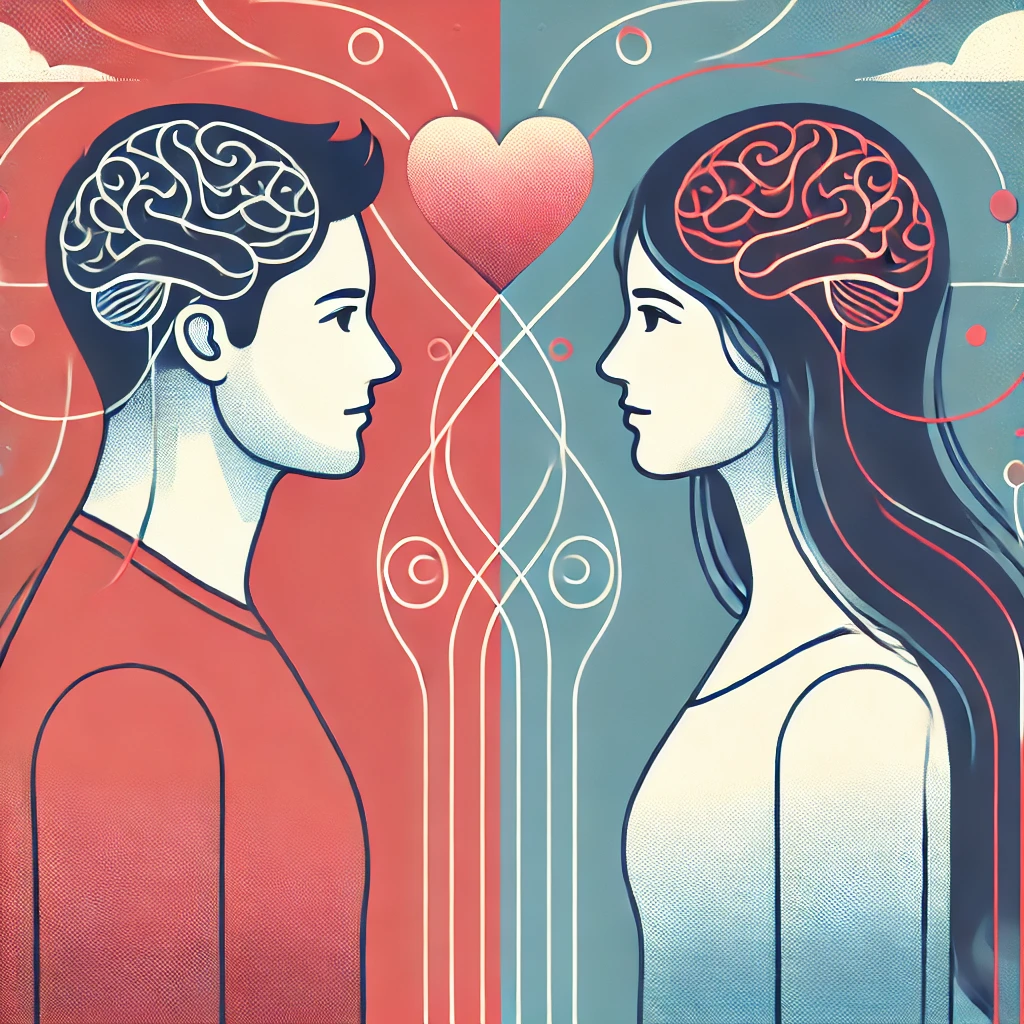
Ever caught yourself obsessing over someone and thought, “Why them?” Maybe they’re not your usual type, or you can’t even explain the pull. You’re not alone—and you’re definitely not crazy. There’s actual science behind why we fall for certain people. The psychology of attraction is a mix of biology, subconscious triggers, and social influence. In this post, we’re breaking it down in a way that actually makes sense.
Here’s why your heart picks who it picks—and what you can do about it.
What Is Attraction, Really?
Attraction isn’t just about good looks or sexual chemistry. It comes in different forms—physical, emotional, intellectual, and even spiritual.
- Physical attraction is what most people think of first: looks, smell, body language.
- Emotional attraction is about feeling connected, safe, or understood.
- Intellectual attraction comes from curiosity, deep talks, and shared values.
- Sexual attraction overlaps but can also stand alone.
Attraction is a response—your brain and body reacting to something (or someone) that feels familiar, exciting, or comforting. And a lot of that is hardwired.
How Biology Shapes Who We’re Attracted To
Let’s talk body chemistry. The biology of attraction is real, and your hormones are doing more matchmaking than you think.
- Dopamine lights up when we feel pleasure—think flirting, eye contact, touch.
- Oxytocin, aka the “love hormone,” builds trust and bonding—especially during sex or close connection.
- Pheromones play a subtle role too. You might be drawn to someone’s scent and not even realize why.
On an evolutionary level, we’re wired to choose partners who seem healthy, fertile, or genetically compatible. So yes, sometimes attraction really is about survival—even if it looks like swiping on Tinder.
Psychological Triggers You Didn’t Know Were Influencing You
A lot of who we’re drawn to comes from our past—especially childhood.
- Attachment theory says early bonds (or lack of them) shape adult relationships. If you had secure attachment, you’re more likely to choose healthy partners. If not, you might chase unavailable or emotionally distant people without knowing why.
- The mere exposure effect means the more we see someone, the more we tend to like them. That’s why office crushes or gym romances are so common.
- Similarity vs. opposites: We usually prefer people who share our values, background, or lifestyle—but sometimes, opposites trigger intrigue if they offer something we feel we’re missing.
Unconscious patterns play a big role. You might keep falling for the same “type” because your brain thinks it’s familiar or safe—even if it’s not good for you.
How Society and Culture Shape Desire
Attraction isn’t happening in a vacuum. Culture, media, and social circles all feed into who we think is “desirable.”
- Beauty standards shift across time and geography. What’s attractive in one culture may not be in another.
- Movies and media shape what love and desire should look like, often giving us unrealistic expectations.
- Social proof influences our choices. If someone is liked or desired by others, we tend to see them as more attractive too.
Upbringing matters, too. Race, religion, class, and family dynamics all quietly shape your partner preferences—whether you realize it or not.
When Chemistry Isn’t Compatibility
Attraction can be intense—but it’s not always a green flag.
- Sometimes we’re drawn to people who trigger unresolved issues. That’s called a trauma bond.
- Emotional highs and lows can mimic love, but they often signal instability or even addiction to the drama.
- Red flags can get overlooked when chemistry is strong, especially early on.
The truth? Not every person you’re wildly attracted to is someone you should be with. Learning to tell the difference is everything.
Do We Have Any Control Over Who We Fall For?
Short answer: not entirely. But we’re not helpless, either.
You can’t force chemistry, but you can:
- Get clear on your patterns (and break unhealthy ones).
- Focus on values and long-term compatibility over initial sparks.
- Work on self-awareness so you’re choosing people who actually meet your emotional needs.
Therapists often say: attraction isn’t always a sign to go for it. Sometimes it’s a sign to look within.
Final Thoughts: You’re Not Crazy—You’re Wired
Attraction isn’t random. It’s the result of your biology, psychology, history, and social environment all firing at once. The good news? Understanding the psychology of attraction helps you make smarter, healthier choices in dating and relationships.
You don’t have to be ruled by your heart—or your hormones.
Know the science. Trust your gut. And choose wisely.
Want to explore your dating patterns more? Drop a comment or check out our other posts on building better relationships.



